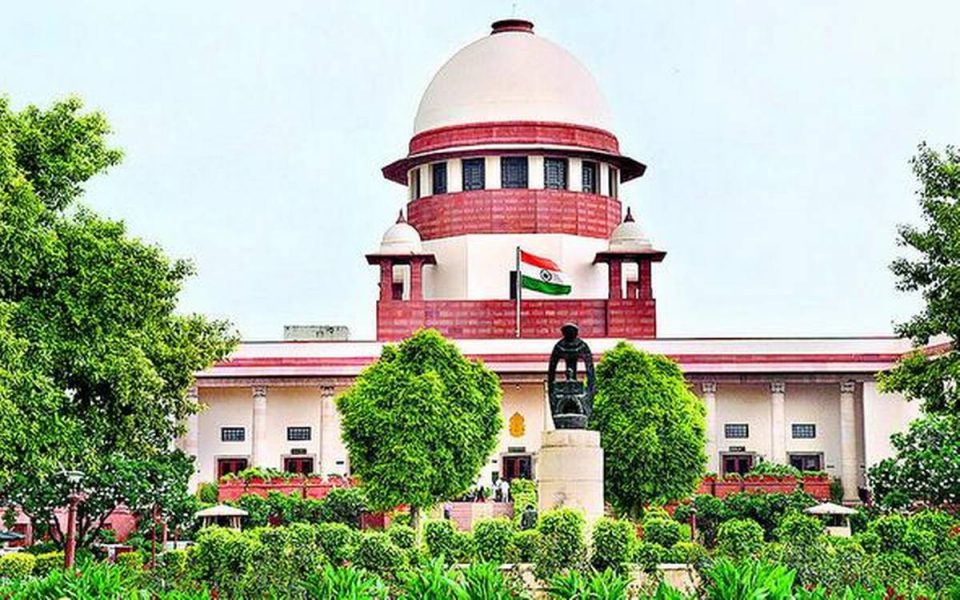
Need to decide on constitutional validity of Citizenship Act Sec 6A: SC

The Supreme Court Constitution Bench on Tuesday, while hearing petitions challenging the Citizenship Act Section 6A, said it needed to decide whether the provision was constitutionally valid before hearing other matters in the case. Section 6A deals with “special provisions” regarding the citizenship of persons covered by the Assam Accord.
Section 6A of the Citizenship Act says that all those who came to Assam between January 1, 1966, and March 25, 1971, from all territories of Bangladesh and are residents of Assam must register themselves under Section 18 for citizenship. The provision was introduced in 1985 after the Assam Accord was signed between the Indian government and agitating groups in the north-eastern state.
“Presently, the following issue, as framed for primary determination for the Constitution Bench, whether Section 6A of the Citizenship Act, 1955, suffers from any constitutional infirmity,” said Chief Justice of India DY Chandrachud, who was presiding over the five-judge Constitution Bench.
Also read: Citizenship Act reopens old wounds of Assamese sub-nationalism
The bench also comprises Justices MR Shah, Krishna Murari, Hima Kohli, and PS Narasimha. It said it will take up the matter after hearing the petitions on the Shiv Sena split and consequent developments in Maharashtra. The bench will start hearing that matter from February 14.
“Assam Accord a political settlement”
Solicitor General Tushar Mehta, who appeared for the Centre on Tuesday, also urged the court to look into another issue approved by the Attorney General. He asked the court to consider whether the Assam Accord can at all be judicially reviewed, as courts “will decline to enter into the political thicket and annul matters of such magnitude and immense consequences.”
According to Mehta’s plea, the Assam Accord is a “memorandum of settlement between the Union of India, the State of Assam, All Assam Students’ Union, and All Assam Gana Sangram Parishad,” and was “arrived at for resolving a long pending issue.” It is a “political settlement and a matter of great policy importance.”
Watch: Supreme Court begins live-streaming constitution bench hearings
The CJI pointed out that his argument supported Section 6A. “Therefore, we take it that your argument is that 6A is valid. Additionally, of course, it’s not constitutional ultra vires, but it’s valid also for the reason that when the government has enacted a statute to give effect to an accord… Therefore, this provision should be upheld… So, this is really an additional argument in support of your submission that 6A is valid. You can argue that when the matter is taken up,” he said.
The bench also clarified that framing a preliminary question did not prevent it from looking into other issues once it started the regular hearing.
(With agency inputs)

